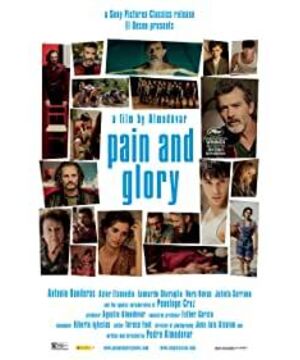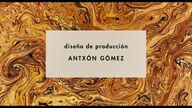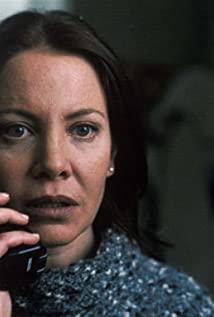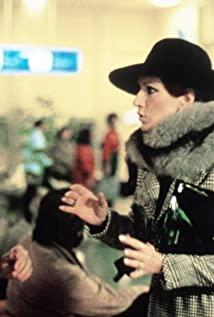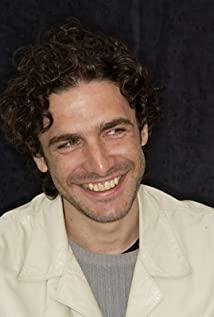Almodovar, who has always liked to shoot all kinds of strange stories, made a semi-autobiographical film when he was 70 years old. Like a self-portrait in the water, he dissected his old material and spiritual world on the screen. The director's way of writing a confession is also a love letter, and the film is looking for the submitter of this "love letter".
Even as an autobiographical film, Almodovar has not abandoned his consistent deep structure and common motifs. The film still has the expression of desire, as well as the use of bright colors and bold shapes. In particular, the film's multiple self-referrals bring a wealth of meaning interpretation space, and it also reveals that even if the director is 70 years old, he is still as energetic and dexterous as a new filmmaker. The film consists of two lines intertwined, one is the old Salvaldo struggling with loneliness and pain, and the other is the days when little Salvaldo moved with his mother to live with his father as a child. The seemingly ordinary interlude, two-line narrative, and display of childhood, but Almodovar used a little trick, which is to pull the camera back at the end of the film, and the mother and Xiao Sa lying on the station bench in the picture. There are photographic equipment and staff around Valdo. It turns out that the part of little Salvaldo we saw before was not Salvaldo’s memories and dreams, but the works shot by Salval as a director. At that moment, the audience began to doubt whether all the previous knowledge about little Salvaldo was true, whether there was a fiction of Salvaldo in it, and our behavior of equating Salvaldo with Almodovar was also impacted. How many autobiographical elements are there?
The director's little trick is to have such an effect. "Pain and Glory" is still a semi-autobiographical drama film. He portrays the protagonist Salvaldo as a director, a homosexual, and a person whose upbringing is very similar to himself. The same existence, and the sickness and loneliness faced by the elderly Salvaldo in the film are the same as Almodóvar. But the director asked Salvaldo to shoot childhood memories, which formed a triple self-referentiality with the director's own story of shooting "self", and finally pointed to the film itself through film art. This is related to the purpose and narrative goal of the film, that is, the recipient of the "love letter" - the art of cinema. The pain of the old Salvaldo is sickness and loneliness. The former is unwilling to go to the hospital for treatment, and the latter he even wants to repair his relationship with his old partner, Alberto, who took the initiative to belittle and hate in his early years, but he can't do it. And if he wants to overcome pain, he must find his own glory. Glory is not a famous film work he shot before, because he felt that the final product was not perfect, and he did not participate in related activities for many years, but reluctantly approved it because he wanted to mend the relationship. He also tried to regain his childhood in the past, and large sections of memories are presented in the form of images. Even if these memories in the end are just pictures of his director's film works, this does not mean that these memories are fake, maybe they are beautified, Maybe a filter is added, but the emotion is real, just like his love for his mother and his ignorant ambiguity about the artistry of painting, only magnified by the stained glass and bright sunlight. Isn't this approach also Almodóvar's own best video style? He also reunited with his long-lost lover. Regarding each other, Salvaldo did not use the method of video to express, but instead used the method of language. He wrote this past event into a one-act play, and gave it to his old partner to perform. Lovers meet again. All the ambiguity was finally overcome by another kind of comfort in the heart or the indifference of the soul, and the specially placed pillow was taken back. After agreeing to meet again, Salvaldo drew an end to this story.
And this love letter representing glory, from his mother to his lover, didn't realize until then who was the real recipient of it. It was the movie, and it was the movie business that he had loved all his life. The proof is that Salvaldo came to the hospital hoping to treat his illness, because he wanted to keep working. And that little trick with the audience is also one of the proofs. Childhood has also become a part of the film, just like the first love of a one-act play. And Almodovar also used such a movie, at the end of the story, this confession letter, the love letter signed with the name of the person who submitted it - the movie, which Almodovar has loved and created for nearly his entire life Object.
View more about Pain and Glory reviews


